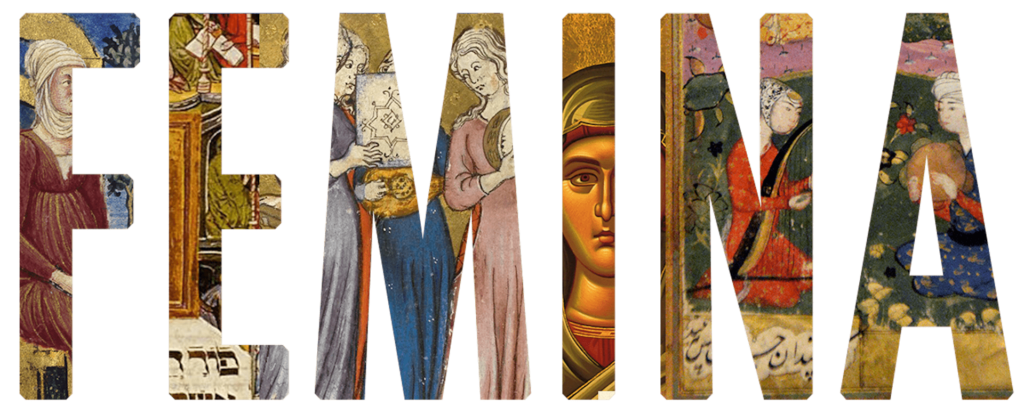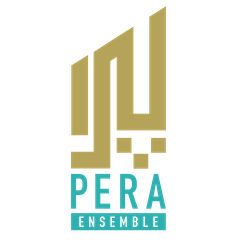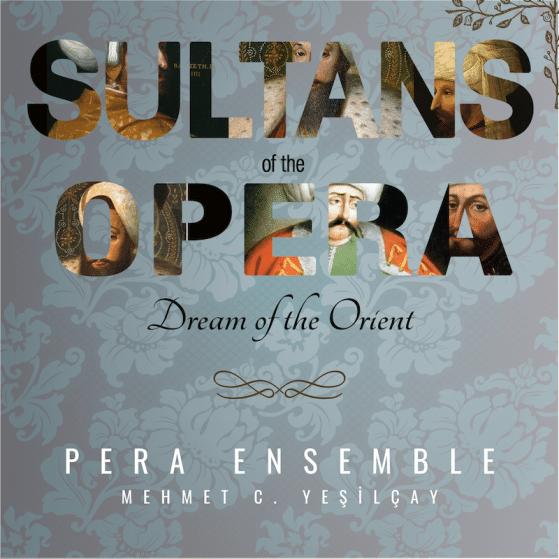
Music for the One God
Frauen im Mittelpunkt der Musik im Judentum, Christentum und Islam vom Mittelalter bis zum Barock.
"MUSIC IS THE LANGUAGE OF GOD" wrote the Islamic mystic Djelaleddin Rumi about 800 years ago. Musicians - instrumentalists, singers and soloists - let sacred music of Muslims, Christians and Jews resound together. This programme is all about music for the ONE. The musical credo remains without boundaries: Baroque understanding of God meets Sufi music, Aramaic hymns meet Byzantine choirs, Sephardic prayers meet Hallelujahs and Armenian sacred music.
They all speak a common language on stage that stands for comprehensive mutual respect. They play for reconciliation instead of division. In our angry times, often defined by fear, rage and hatred, they set a sign of hope, tolerance and understanding.
"There are moments when you could just hug the You could just hug the performers!" Toccata - Early Music News
FEMINA
Extraordinary women are at the forefront of the fourth edition of "Music for the One God".
Whether Eve, the original mothers in the Torah, Mary, Sara or Fatima: the holy scriptures of the great religions contain many strong women who are portrayed in a strikingly positive way. But they lived in contrast to their historical and political environment, which was characterised by patriarchal, mostly also feudalistic structures.
Women like Mary, Mary Magdalene, Sara or Fatima, the "power women" of Judaism, Christianity and Islam, can serve today's women as role models and witnesses of a gender-equitable religion.These women, mothers and sisters inspired many poets, composers and of course many painters and sculptors. This is how numerous immortal masterpieces were created that still touch us today.
The praised
Fatima (606-632), the daughter of the Prophet Muhammad, who sang lullabies to her two sons Hasan and Huseyn. Maria Magdalena, the most important woman in Jesus' life, whom, according to the apocryphal text of the Pistas Sofia, he sent out as an apostle after his resurrection, as a mediator of the true teachings. Magdalene and Maria, the Mother of Jesus inspired many composers - among them Bach - to write wonderful music.
The composers
Women like Kassia (Byzans ca. 810 - 865), the first composer known to us, from whom ca. 50 hymns have been preserved. Hildegard von Bingen (1098-1179), poet, composer and natural and medical polymath. Barbara Strozzi (1619-1677), singer, composer and courtesan. Her fiery musical language reflects love and suffering.
The music
Early Hebrew and Byzantine chants, Arabic and European music of the Middle Ages and sacred music of the Baroque era form the core of our programme. The songs of Mary (Cantigas de Santa Maria), songs by Francis of Asissi (Lauda die Cortana), music by Hildegard v. Bingen, Barbara Strozzi, Giovanni Felice Sances (Stabat Mater), Assyrian, Aramaic and Sephardic chants as well as Sufi music.
Cast:
PERA ENSEMBLE • REGENSBURGER DOMSPATZEN • MÜNCHNER FRAUENCHOR • ZAKİRAN SUFI SÄNGER ISTANBUL
MONIKA LICHTENEGGER (Sopran, München) NATAN CARMIT (Sopran, Jerusalem), SELIN YÜCESOY (Gesang, Istanbul)
Mehr als 120 Mitwirkende auf der Bühne

